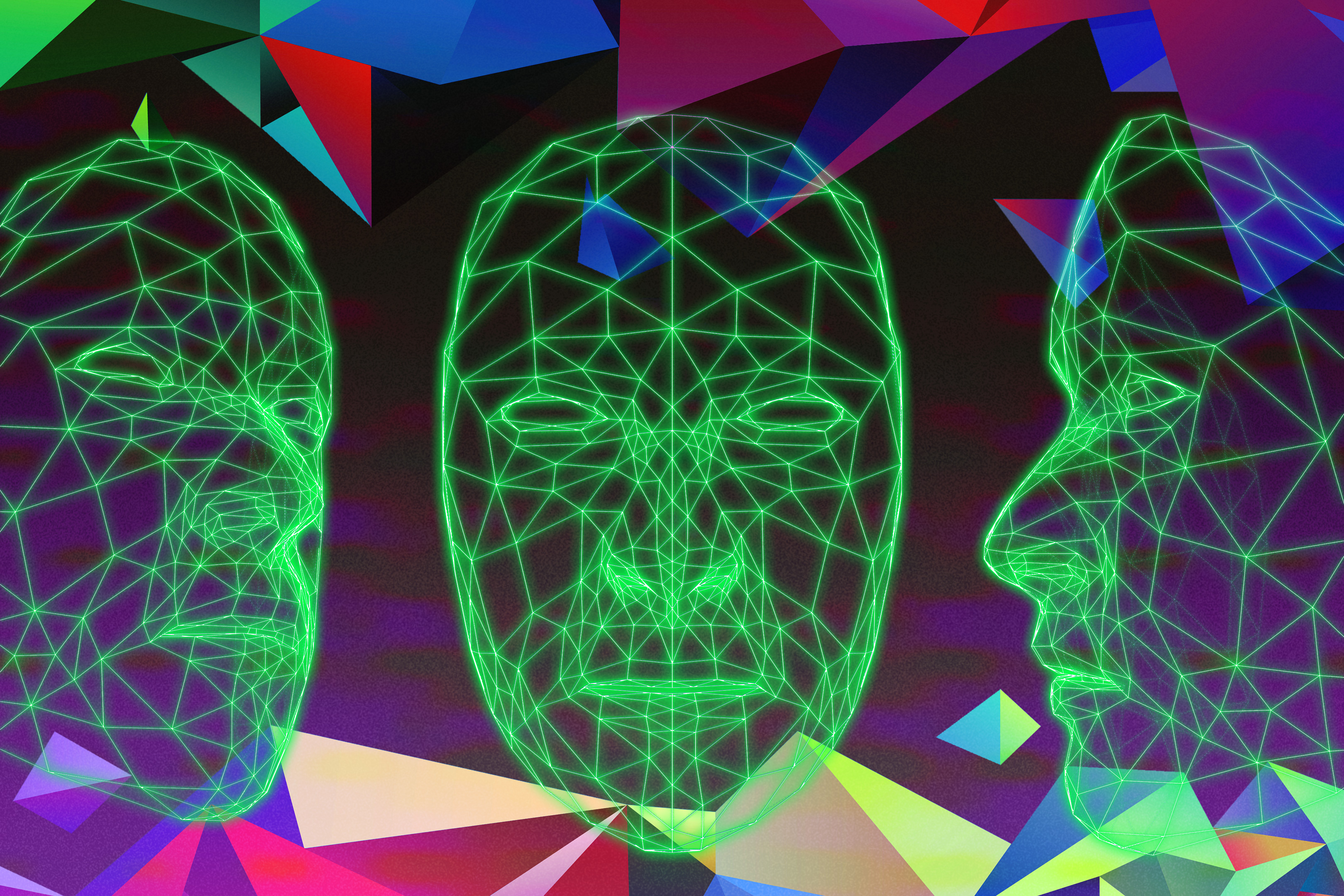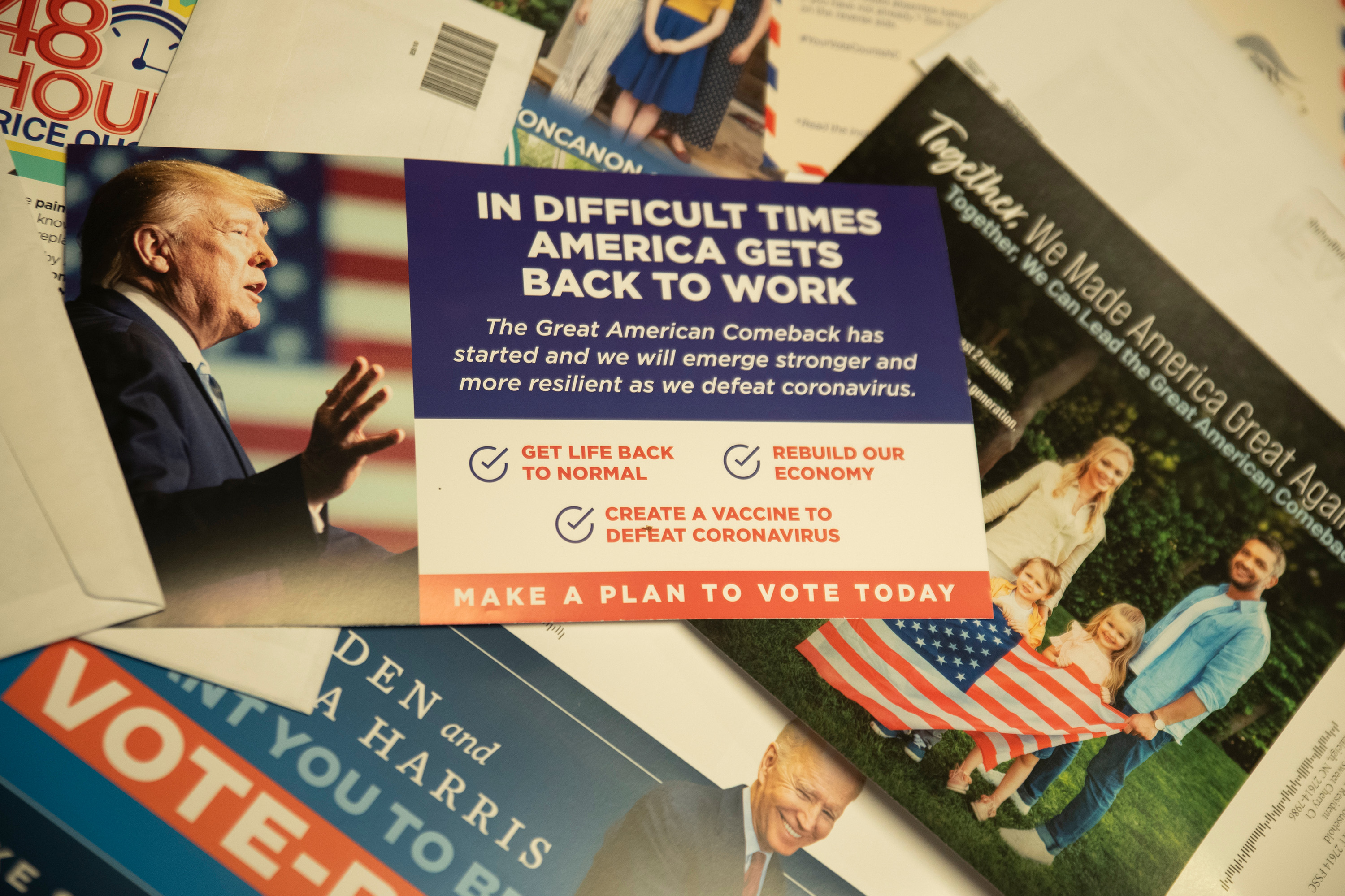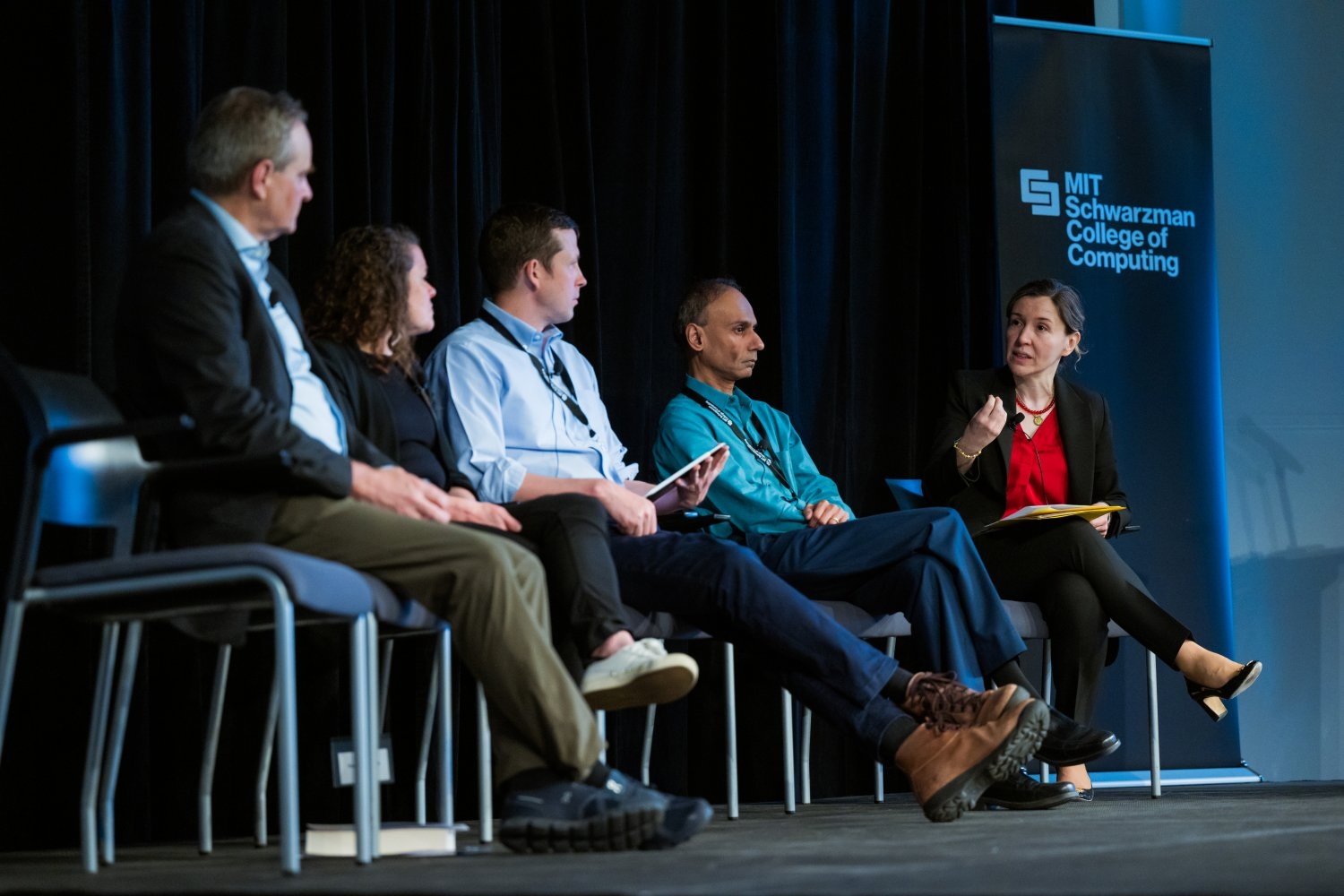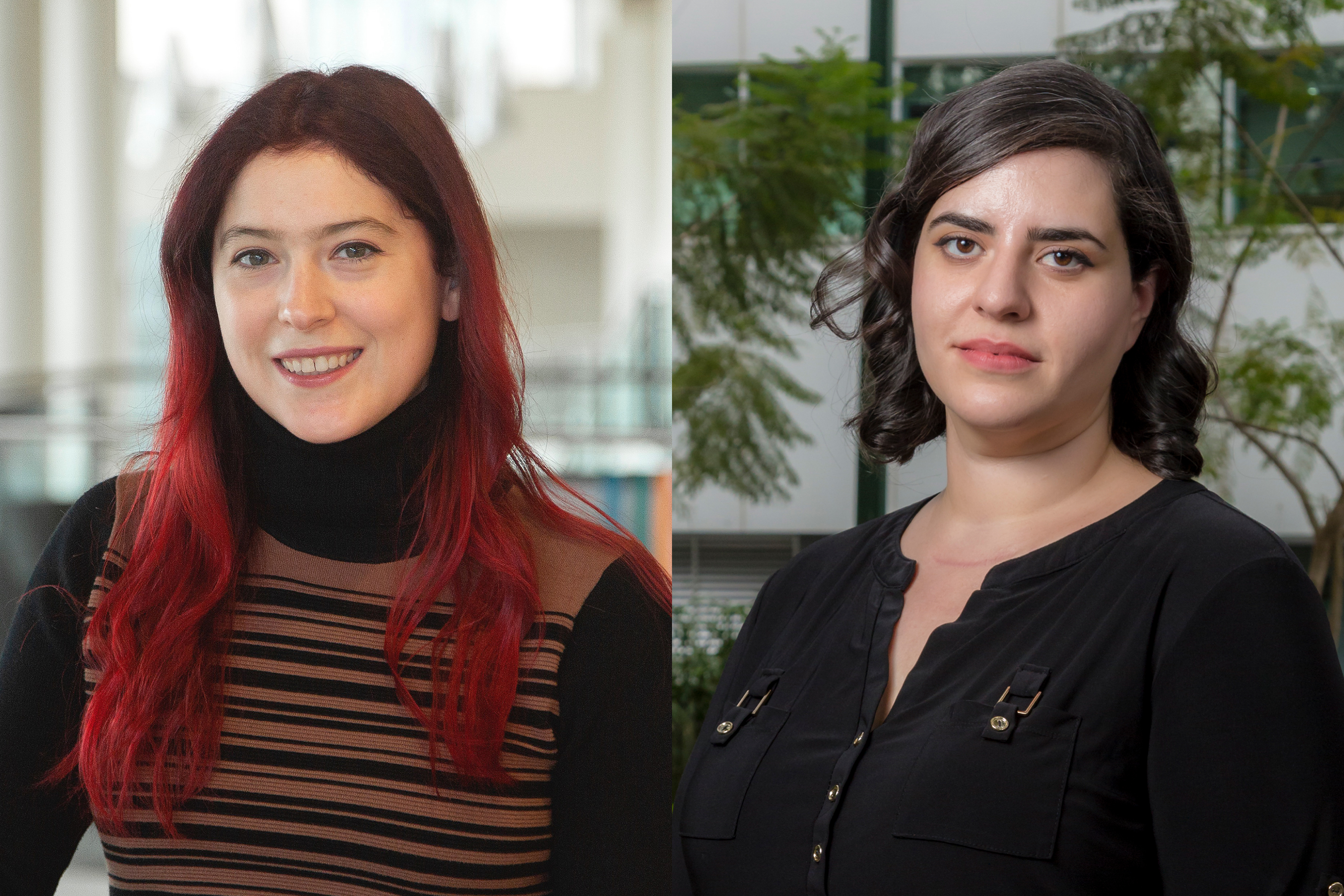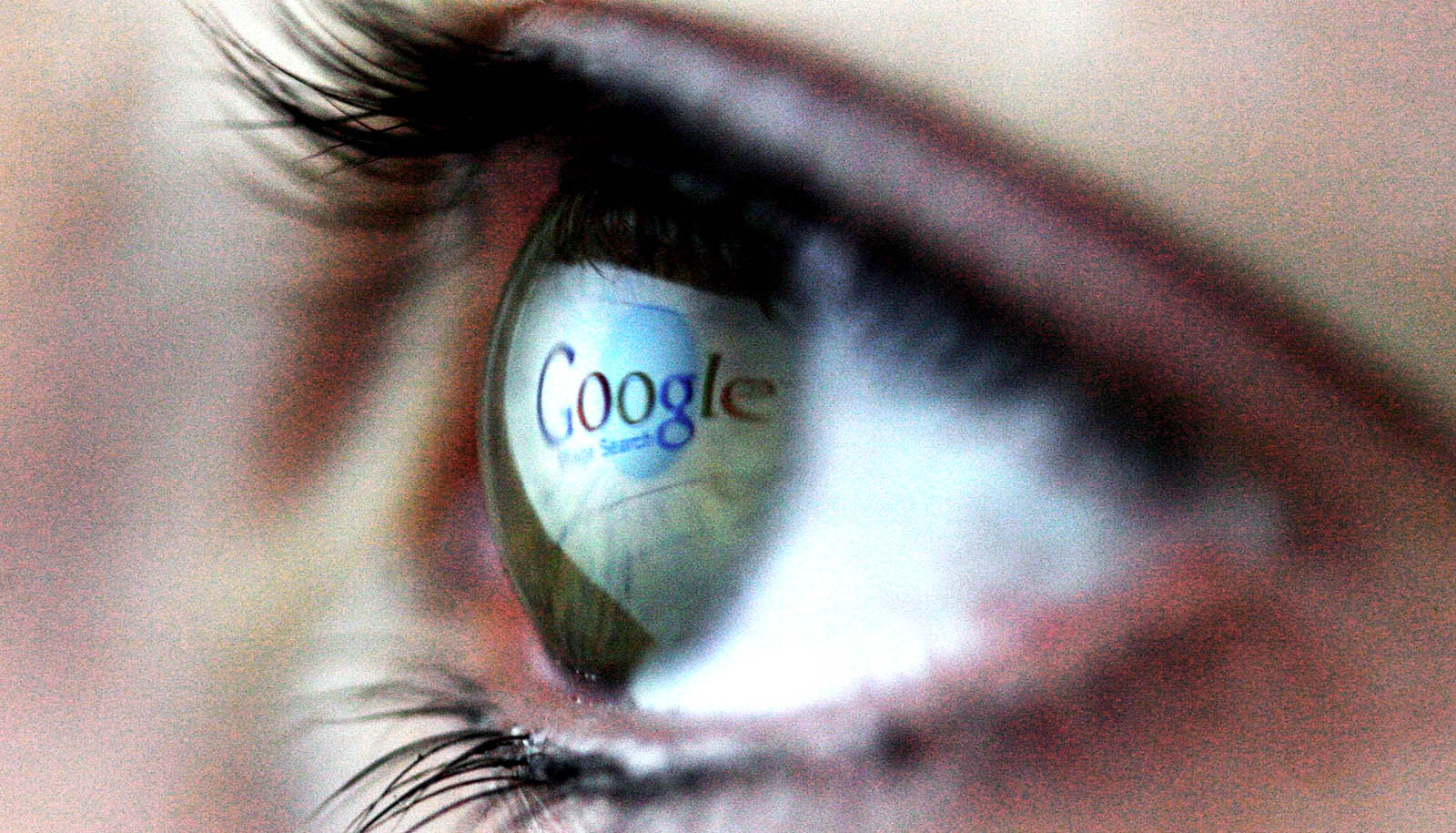Bringing the social and ethical responsibilities of computing to the forefront
The inaugural SERC Symposium convened experts from multiple disciplines to explore the challenges and opportunities that arise with the broad applicability of computing in many aspects of society.
Terri Park | MIT Schwarzman College of Computing •
mit
June 8, 2023 • ~12 min
June 8, 2023 • ~12 min
Scientists' political donations reflect polarization in academia – with implications for the public's trust in science
Public data about individual donors’ political contributions supports the perception that American academia leans left.
Alexander Kaurov, Research Associate in History of Science, Harvard University •
conversation
June 6, 2023 • ~7 min
June 6, 2023 • ~7 min
/
61

